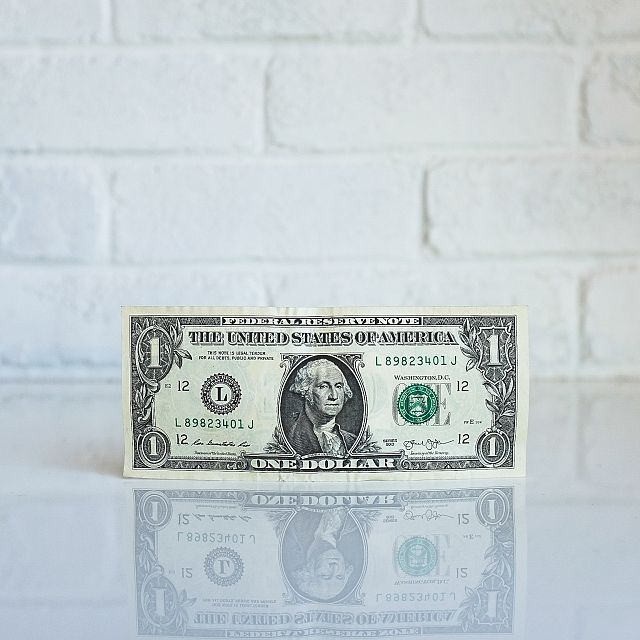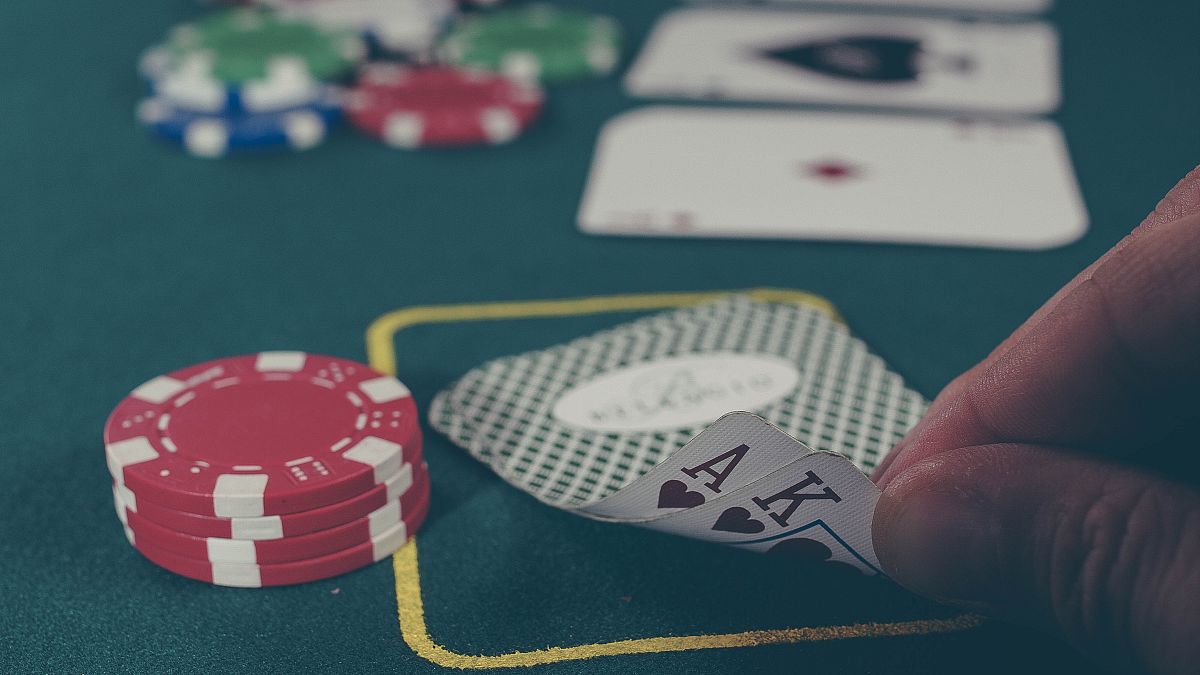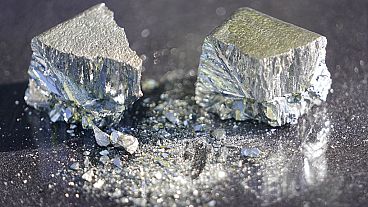Gambling, porn, gaming: are these consumptions real addictions?
Dr Florence Thibaut thought she had seen it all: patients who spent hours watching pornographic videos, men referred to her by a judge for exhibitionism, or people engaging in risky sexual behaviours to satisfy their urges.
However, in recent years, she has been confronted to a new type of patients. Adolescents sometimes as young as 15, now visit her at the University Hospital Cochin-Tarnier (Paris) where she works as a psychiatrist. Some of them have never had an intimate relationship, but have stopped going to school to stay home and watch porn all day.
Thibaut has no doubt that this excessive engagement with porn constitutes an addiction – just like alcohol or cocaine dependence. But not everyone agrees with her.

In the last three decades, the idea that some individuals can excessively engage in behaviours such as gambling, watching porn or playing video games has been well accepted. Nevertheless, there is still no real consensus in the scientific community about whether these constitute ‘real’ addictions, nor about what causes them or how they can be treated.
“We use to think that if no drug was involved, there couldn’t be withdrawal symptoms and so we could not refer to these behaviours as addiction. But research has shown that compulsive gamblers or sex addicts can show negative psychological symptoms if they can’t engage in the behaviour – they are tired, irritable and depressed. This is a form of withdrawal, and it has led scientists to start thinking that maybe, this were addictions too,” Thibaut says.
Reviewing the evidence
To date, only gambling disorder has been recognised officially as an addiction alongside substance use disorders. It was added to the DSM5, the official diagnosis book of the American Psychiatric Association in 2013, after a careful assessment of all the available scientific evidence.
“There was a systematic review of evidence in multiple domains – with epidemiological, genetic, neurobiological, treatment, prevention and cultural considerations among others. The DSM5 committee decided that pathological gambling should be grouped with substance use disorders based on the preponderance of data and the similarity between the conditions” explains Dr Marc Potenza, a Yale University psychiatrist with extensive experience treating people with gambling disorder.
Indeed, there is evidence that people with gambling problems often exhibit core symptoms of addictions, including continued engagement in the behaviour despite adverse consequences, repetitive urges to play, and craving states that precede gambling.
But it’s perhaps brain imaging studies that have provided the most compelling evidence to date. Potenza’s research has for example shown similarities in the way the brains of people with gambling and alcohol use disorders process rewards.

Parts of the brain ‘reward system’ – a group of neural structures involved in motivation, desire, craving for a reward or positive emotions linked to pleasure – appear to be less activated in people with gambling problems, and the same patterns have been observed before in people who suffer from alcohol addiction.
The data from brain imaging studies is less clear however when it comes to other ‘behavioural addictions’. This in part explains why some scientists remain very cautious when talking about problematic uses of sex or pornography.
In 2015, a study from Cambridge University suggested that porn could trigger brain activity in people with compulsive sexual behaviour similar to that triggered by substances in the brains of drug addicts.

It is thought that addicts are driven to seek their drug because they want it, not because they enjoy it. This abnormal process is known as incentive motivation, and the Cambridge study also found evidence for it in participants with compulsive sexual behaviour. These individuals showed higher levels of desire towards pornographic videos, but did not necessarily rate them higher on liking scores.
The research reopened the debate about whether compulsive sexual behaviour and excessive porn use could be classified as addictions, just like drug addictions, or more recently, like gambling disorder. While these behaviours do appear to show core features of addiction (such as craving states and continued engagement despite negative outcomes), more studies like this one are needed, to gather more neurobiological data.

“What we can say is that there is an emerging body of evidence suggesting a parallel with addiction, but we need more evidence. Not all the data I have fits with excessive porn use being an addiction’, Dr Valerie Voon, lead author of the Cambridge study, pointed out.
Letting go of the shame
It is not just about solving a scientific dispute. Deciding whether these problematic behaviours are addictions or not can have real-life implications for the people who suffer from them.
They are often in a situation of great distress, but treating them can be challenging.
“There is no specific medication for gambling disorder or compulsive sexual behaviour. Categorising a disorder as an addiction may have multiple consequences. It can for example lead us to consider whether some of the treatments that have been useful for substance use disorder may be helpful for these other conditions. There are data to suggest that this is the case for gambling disorders – the 12 step program used by Alcohol Anonymous for instance also appears helpful for these patients. There are also data that some of the behavioural therapies can help,” Potenza concluded.
Above all, considering these conditions as addictions may improve the way patients see themselves. Putting words on what they are suffering from, and opening up the possibility of treatments, may help relieve the feelings of shame and guilt they are often plagued with.
Writer: Léa Surugue
Follow Léa @LSurugue



